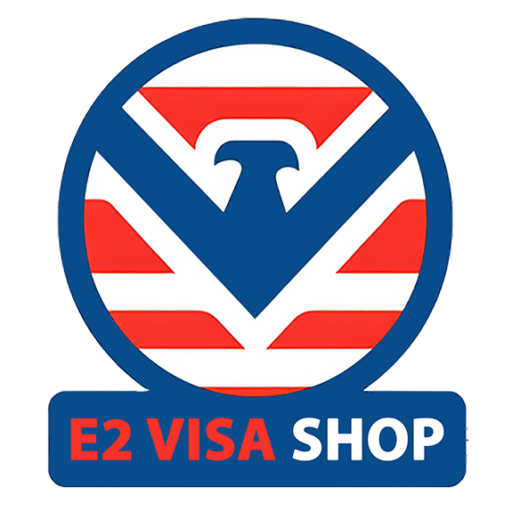
For Canadian citizens over the age of 45, the E-2 Visa offers a powerful pathway to relocate, start a business, and build a life in the United States—without the red tape that often comes with other visa categories. But like any journey worth taking, the E-2 Visa process demands more than just paperwork. It requires a solid business strategy, an understanding of the market, and a smart use of capital.
Below, we answer the most important questions we hear from Canadians in this age group considering the E-2 Visa route:
What Type of Business Should I Start?
When you’re 45+, you’re likely thinking long-term sustainability and operational manageability, not high-risk experimentation. The key is to focus on service-oriented and location-based businesses that don’t require massive teams or complex infrastructure.
Top categories that make sense:
- Services: Cleaning franchises, consulting, logistics/distribution, property management, digital marketing.
- Restaurants: Smaller cafes, healthy food concepts, fast-casual outlets—not fine dining unless you have deep industry experience.
- Retail: Ice cream and coffee shops, convenience stores with niche inventory (e.g. ethnic products), boutique-style apparel or specialty food.
- Real Estate Services: Property management, short-term rental operations, or fix-and-flip management businesses (not passive real estate investing—this doesn’t qualify).
Important note: Your E-2 business must be active, at-risk, and job-generating. Passive investments don’t count.
Which U.S. States Are Best for the E-2 Visa Business?
Where you choose to launch your business affects everything—costs, approvals, lifestyle, and revenue potential.
Here are the best states for Canadian E-2 applicants over 45:
1. Florida
- No state income tax
- Large Canadian expat population
- Year-round tourism, retail, and hospitality opportunities
- Popular cities: Tampa, Orlando, Fort Lauderdale, Miami
2. Texas
- Business-friendly regulations
- Affordable cost of living
- Booming logistics, trucking, gas stations, and restaurant opportunities
- Popular cities: Dallas, Houston, Austin, San Antonio
3. Arizona
- Lower business costs
- Close to the Canadian West Coast
- Rapidly growing suburban and senior markets
- Great for service-based businesses and specialty retail
4. Georgia and North Carolina
- Ideal for lower investment thresholds
- Excellent for logistics, cleaning services, and food-based ventures
Avoid high-cost, high-regulation states like California unless you’re entering a premium niche or bringing strong capital and management experience.
Single Owner vs. Partnership: Which Is the Better E-2 Structure?
For Canadians over 45, this depends on three factors: control, trust, and funding.
Single-Owner
- Best if you want full control and can meet the E-2 investment and job creation criteria yourself
- Cleaner structure and less risk from partnership disputes
- Easier to manage bank accounts, taxes, and immigration paperwork
Partnership (50/50)
- Ideal if you want to share workload and risk
- Both partners must be from E-2 treaty countries and each must qualify (typically $80K–$100K per person invested)
- Must clearly divide roles, ownership, and capital in legal filings
Pro tip: If you choose a partner, work with someone you trust with your immigration future—not just your finances.
What Is the Minimum Investment I Should Have?
There’s no fixed number in U.S. law, but based on over a hundred real-world Canadian E-2 filings, here’s what works:
- Minimum Cash on Hand: $80,000 to $100,000 USD
- Comfort Zone: $120,000 to $150,000 USD
This covers acquisition/start-up costs, operational buffer, legal/business formation fees, and initial marketing or hiring.
Important: The money must be “at risk”—committed to the business before the visa is approved. This means you should form the LLC, sign the lease, start purchases, and be operational or nearly ready to launch by the time you submit your E-2 petition.
Final Word
For Canadians over 45, the E-2 Visa isn’t just a move—it’s a strategic transition into a new chapter of work-life balance, family opportunity, and business control. With the right structure, a manageable business, and proper planning, you’re not just meeting immigration criteria—you’re building something meaningful.
If you’re thinking of starting the E-2 journey, start with clarity and a good advisor—not guesswork. The difference between denial and approval is usually strategy, not luck.
